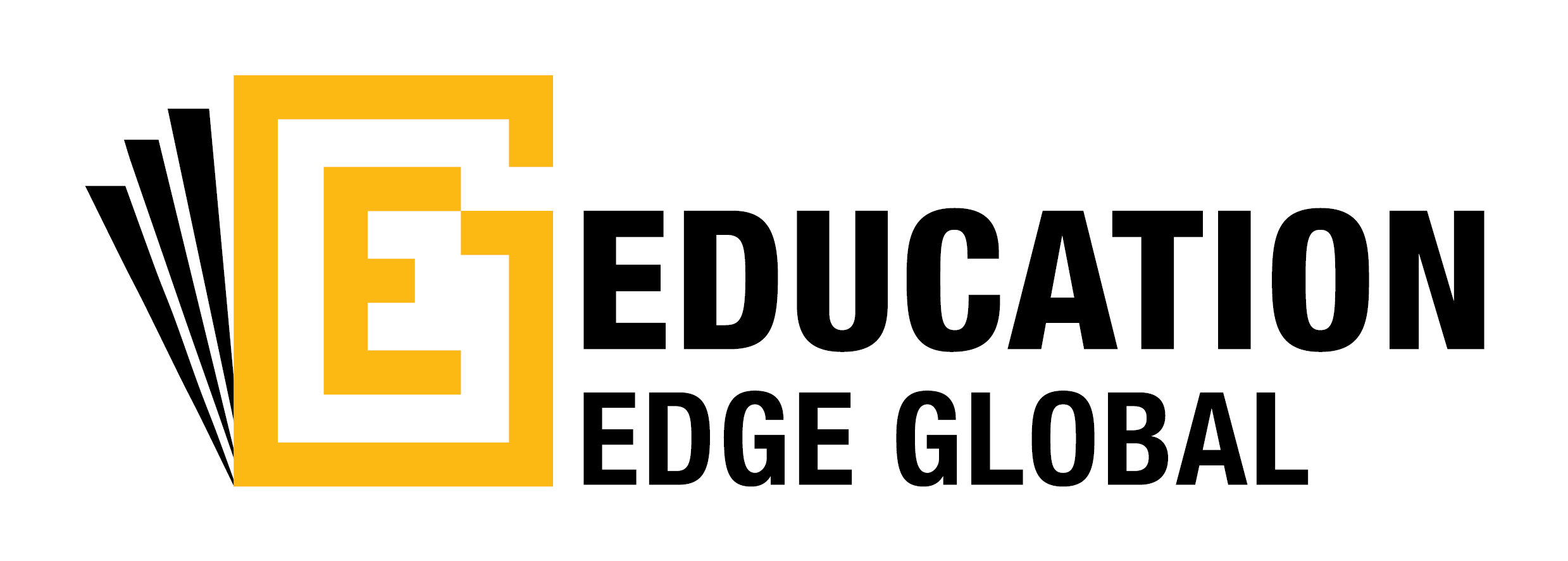By: Sitashwa Srivastava, Founder & CEO, Borderless
Financial literacy has quietly shifted from being just a helpful skill to becoming an absolute necessity, especially for international students. From my perspective, studying abroad today is so much more than just academics—it’s a comprehensive life experience that involves education, cultural immersion, and, critically, managing finances wisely in a completely new environment. When I think about it, understanding tuition fees is just the beginning of a much larger financial puzzle. Add accommodation, daily living costs, emergencies, and fluctuating currency rates, and you quickly realize how complicated it can get. Without proper financial literacy, these challenges can overwhelm students and turn what should be an exciting journey into a source of constant stress. I believe that financial literacy is not just an advantage but an essential life skill that can transform the entire study-abroad experience.
When people think about the difficulties international students face, the first things that comes to mind are heavy coursework and adapting to new educational systems. But what goes unnoticed in most discussions, and what I’ve seen too often, is that managing money in an unfamiliar country is one of the biggest challenges. Tuition itself is only the tip of the iceberg. The real struggle lies beneath the surface: managing rent, utilities, grocery bills, medical emergencies, and the constant shifts in currency exchange rates. Many students I’ve talked to don’t realize they are suddenly expected to become financial planners, accountants, and crisis managers—all while juggling their studies and adjusting to life far away from home.
Financial worries don’t just affect bank accounts; it steals the joy of being abroad. Instead of being fully present to explore new cultures, form friendships, and grow as individuals, students can find themselves trapped in a cycle of anxiety over money. I’ve observed how even a small budgeting mistake can lead to long nights of worry, missed social opportunities, and a feeling of isolation. No student should have their precious study-abroad memories clouded by the fear of running out of funds or unexpected financial emergencies.
Parents’ Role in Financial Planning
One key insight I want to share is that financial literacy can’t just start when students arrive in a new country. It needs to begin long before the first semester, ideally at home with the family. For many parents, sending their child abroad for education is the biggest financial investment they’ll ever make—sometimes even more emotionally charged than buying a house. I’ve found that planning early, with a clear and conscious goal to save and protect the education fund, can reduce enormous stress down the line. Many parents overlook the importance of thinking beyond tuition alone—they need to anticipate currency fluctuations, inflation, and ensure there’s enough money set aside in the right currency for the host country.
Setting aside money in the currency used by the university helps families avoid surprises and makes it easier to pay for tuition and expenses on time, without rushing at the last minute. This kind of careful financial planning is not just practical; it’s a powerful act that shows how deeply families care. It teaches young people responsible money habits and gives students a sense of security, knowing that their loved ones back home are supporting them financially and shielding them from potential crises.
Beating Hidden Costs
Despite careful planning, I’ve seen even the most conscientious families and students get caught off guard by the hidden fees and confusing banking rules that come with international money transfers. Unfamiliar financial systems, expensive credit options, and unclear advice can make money slip away without anyone realizing it. Small losses from poor exchange rates, transfer fees, or bank charges quietly erode savings that took years to accumulate. This silent financial drain can leave students and their families frustrated and financially vulnerable.
Learning how banking and money transfers really work is one of the best defenses against losing money unnecessarily. Simple actions like choosing reliable transfer services, opening the right kind of bank accounts, and staying alert for hidden fees can save hundreds or even thousands over the course of a degree. The truth is, financial literacy isn’t static: it’s an ongoing process of staying curious, asking questions, seeking advice, and continuously learning. From what I’ve seen, these practical skills can be as valuable as any academic lesson—and often much harder to come by.
The Role of Counsellors and Community
One area I feel particularly strongly about is the role of empowerment through education. I believe financial literacy gives students the power to make informed, confident financial decisions. No student should have to figure out all the complexities of international finance on their own. That’s why I think counsellors, orientation programs, and industry experts have a tremendous responsibility: they need to provide clear, realistic financial education before students leave home and shortly after they arrive abroad.
In my conversations with students and educators, I’ve seen how breaking down topics like exchange rates, loans, tax obligations, and banking procedures in simple, understandable ways can be a game changer. These financial lessons aren’t just “nice to have” tips—they can literally shape a student’s ability to succeed and feel secure in a new country. For every student who learns to budget wisely and avoid costly mistakes, there’s another who struggles due to a lack of guidance. By giving young people the knowledge they need, counsellors and leaders remove fear and hesitation, enabling students to fully embrace their international experience with clarity and confidence.
As someone who has followed this topic closely, I see financial literacy as a game changer, not only for students studying abroad but for their entire families. When students have a strong understanding of their finances, they are free to focus on their studies, build meaningful friendships, and enjoy new cultures without the constant stress of money worries. At the same time, it gives parents the confidence and peace of mind to plan ahead, save responsibly, and support their children in ways that go far beyond simply paying bills—it’s about protecting their dreams.
With the cost of education rising year after year and the steady depreciation of the Indian Rupee, financial literacy has become more important than ever before. These factors add layers of complexity and urgency to planning for education abroad. Every step of the study abroad journey becomes easier and richer when financial literacy is embraced, not just as a skill but as a mindset that prepares both students and their families for success, growth, and peace of mind. From where I stand, equipping students with this knowledge isn’t just about preparing them for college—it’s about preparing them for life.



